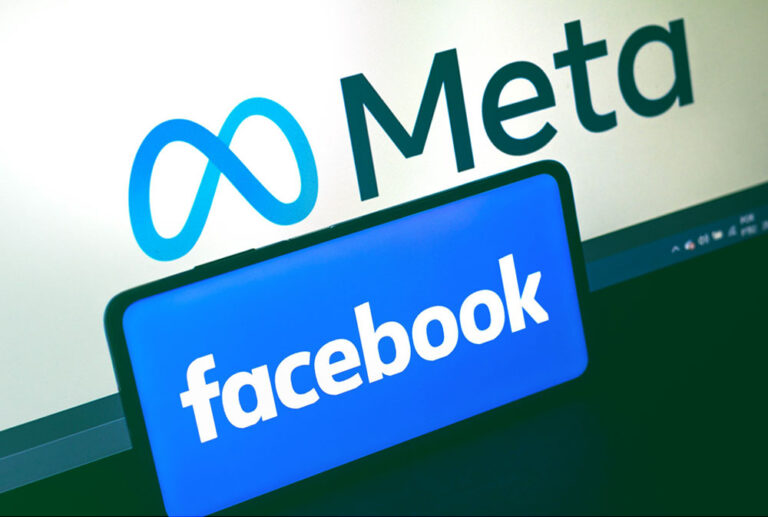
Facebook’s parent company Meta Platforms Inc. asked Morgan Stanley, JPMorgan Chase & Co., Bank of America Corp., and Barclays Plc to canvas investors for a potential senior unsecured debt offering last week and then made its bond-market debut with a US$10 billion deal.
Meta had not previously entered the bond market unlike many other of its rival tech companies.
Bloomberg Intelligence analyst Robert Schiffman said prior to the deal that, “Meta could build a new capital structure that includes its first-ever bonds, issuing well over $10 billion to potentially benefit holders of both equity and debt, following weak first half results, and over a 50% drop in its equity value.
“Increased capital spending focused on the metaverse, along with rising share buybacks, could be supported with tens of billions of low-cost debt theoretically as 2022 free cash flow contracts.”
The longest portion of the offering, a 40-year security, yields 1.65 percentage points above Treasuries according to an insider reported Bloomberg. Initial discussions had been of 1.75 to 1.8 percentage points.
Meta has been facing increasing pressure on its business with declining cash reserves, a falling stock price, revenue decline, digital advertising uncertainty and competitive pressure especially from the TikTok platform.
Also read: Tier 2 Debt Raisings for ANZ and NAB
Meta can use proceeds from the bond sale for purposes including capital expenditures, stock repurchases, and acquisitions or investments.
The company has been using its cash reserves to repurchase stock including US$ 5.1 billion in the second quarter of this year.
Its stock price has more than halved from its high last September.
S&P Global Ratings assigned Meta a AA- investment-grade rating, while Moody’s Investors Service gave the tech giant an A1 rating, the equivalent of one step lower.
Recently, Apple Inc. and Intel Corp. have taken advantage of lower yields to sell debt.






























